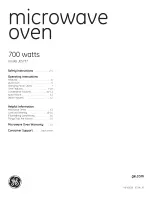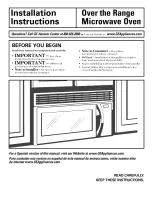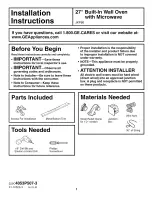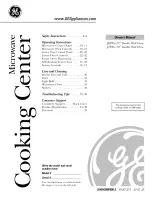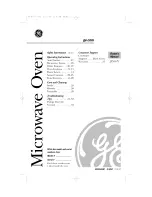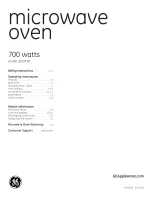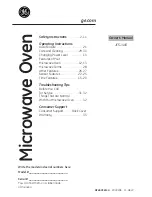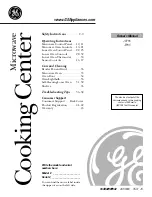
40
INSTALLATION INSTRUCTIONS
WARNING: THIS APPLIANCE MUST BE
EARTHED
If your appliance has been damaged in transit,
contact your supplier immediately.
Do not
attempt to
install it.
Your appliance left the factory fully packaged to
protect it from damage. If it is delivered without
packaging and damage has occurred, the
manufacturer cannot accept responsibility. Contact
your supplier for advice.
Once the packaging has been removed the appliance
should only be moved by hand.
Do not
use a sack
barrow or any other aid to lift the appliance as
damage may occur.
Connection to the electricity supply must be carried
out by a qualified electrician/competent person.
The electrical connection should be made using a
double pole isolating switch (cooker socket) with at
least 3mm contact separation in all poles. The cable
must have conductors of sufficiently high cross-
sectional area to prevent overheating and
deterioration.
The recommended cross-section area is six square
millimetres (6.00mm
2
).
When refitting the mains terminal cover, ensure that
the lower tabs are located inside the bottom edge of
the aperture, before fixing the two screws into the top
edge of the mains terminal cover. See Fig.1. Ensure
that the cover is securely fastened.
To move the appliance, open the oven door, and lift
the appliance by holding inside the top of the
compartment. See Fig.2.
This is a type Y appliance, which means it is free-
standing and can be fitted with cabinets on one or
both sides. It may also be fitted in a corner setting.
Side walls which are above hob level should be
protected by heat resistant non-combustible material
and MUST NOT be nearer than 40mm to the hob
side.
A nominal air gap of 2mm at either side of the
appliance is required to enable the appliance to be
moved into position.
Always ensure an air gap is maintained at hotplate
level. Tiles or other forms of deep wall covering
should not obscure this gap. See Fig.3.
Overhanging surfaces or a cooker hood should be a
minimum of 685mm above the hob. See Fig.4.
It is important to ensure that the appliance is level
after installation. Levelling feet are fitted to the
appliance to accommodate uneven floors.
Air gap
Fig.1.
Fig.2.
Fig.3.
Fig.4.




















